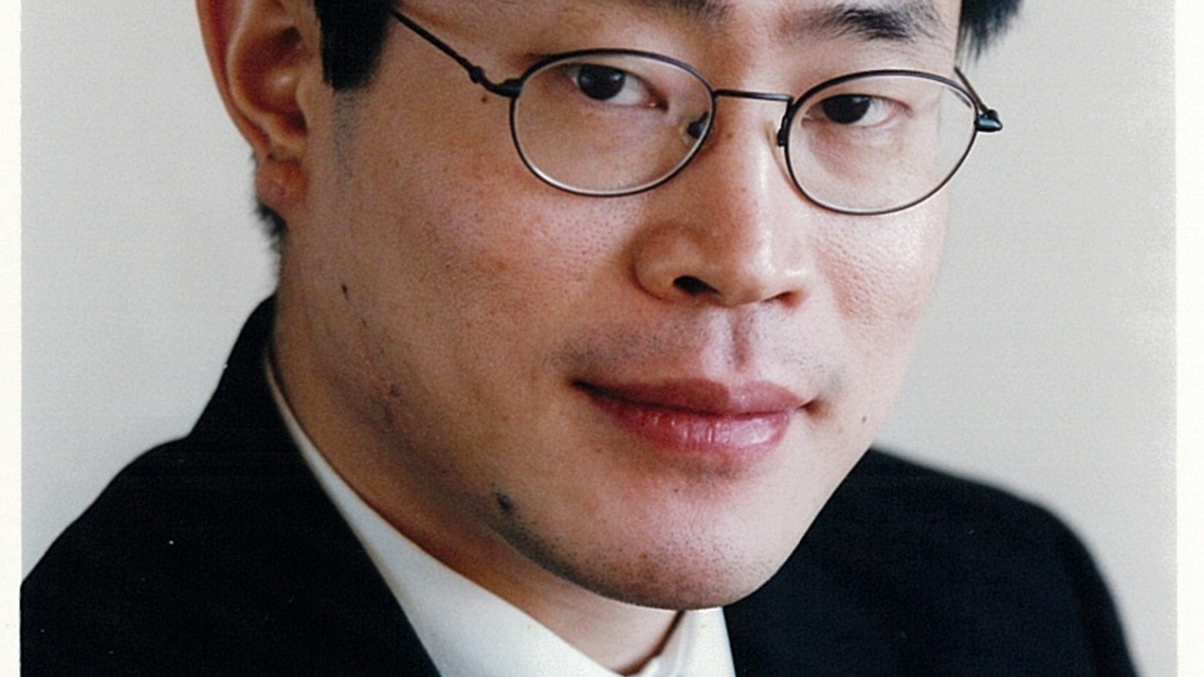CSRC looks to future with deregulation drive
The industry welcomes CSRC's proposals to make it more conducive for fund management firms and foreign institutions to do business in China.

Proposed deregulation to China’s funds industry and QFII scheme has been lauded as a positive move to long-term investment by authorities and evidence of a willingness to reform despite volatile markets.
Sign in to read on!
Registered users get 2 free articles in 30 days.
Subscribers have full unlimited access to AsianInvestor
Not signed up? New users get 2 free articles per month, plus a 7-day unlimited free trial.
¬ Haymarket Media Limited. All rights reserved.


